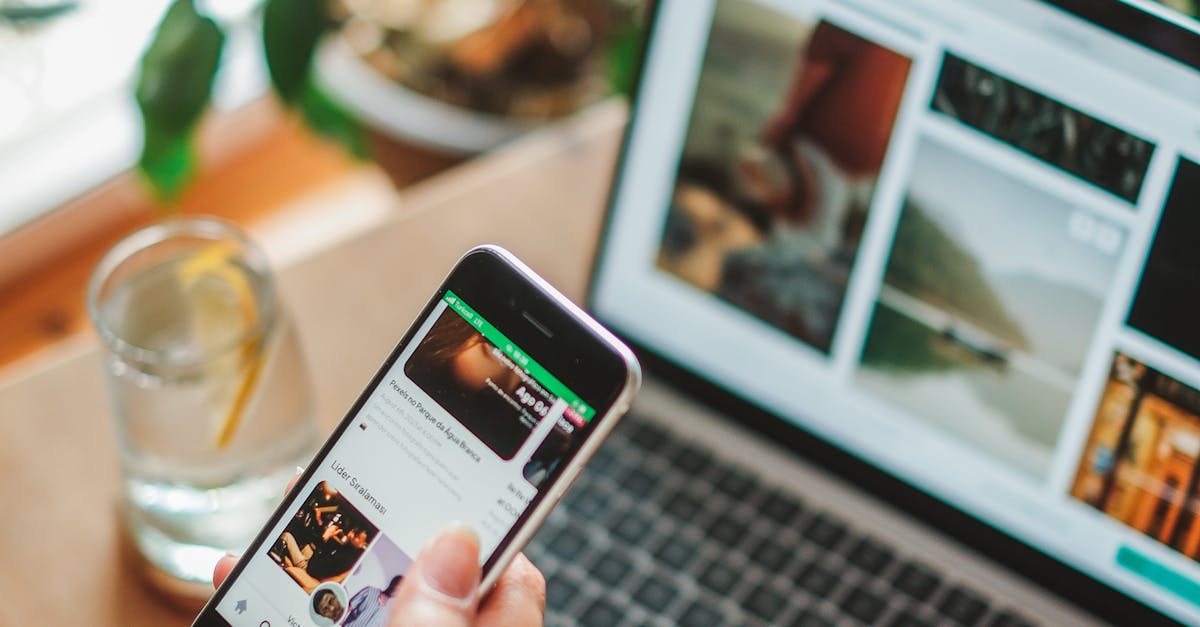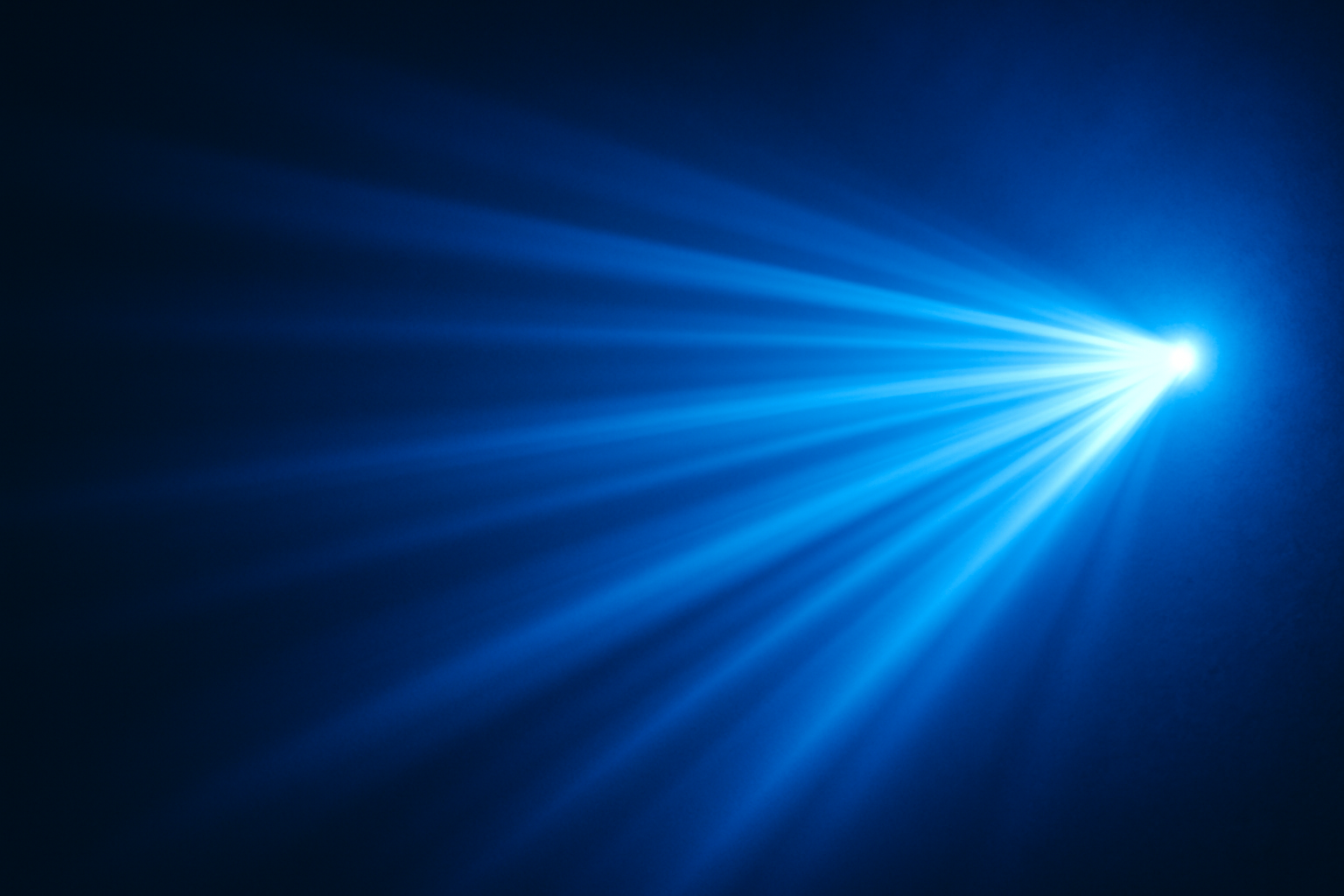Digital Drain: 5 Subtle Ways Your Smartphone Is Exhausting Your Brain
In today's hyper-connected world, smartphones have become indispensable companions, seamlessly integrating into our daily routines. Yet, while they offer unparalleled convenience, they also pose a hidden toll on our mental well-being. This phenomenon, often overlooked, is what we term the "Digital Drain"—the subtle exhaustion of our cognitive resources by constant smartphone use. As we delve into this topic, we will uncover five subtle yet pervasive ways in which our smartphones are silently sapping our mental energy. From the constant barrage of notifications to the deceptive allure of social media, this article aims to shed light on how our beloved devices might be contributing to a pervasive sense of fatigue.
The Tyranny of Notifications: Constant Interruptions

Smartphones are designed to keep us connected, but this connectivity comes at a cost. Notifications, whether for emails, messages, or apps, create a constant stream of interruptions that fragment our attention. Research shows that even brief mental blocks created by shifting between tasks can cost as much as 40% of someone's productive time. This constant state of alertness keeps our brains in a perpetual state of readiness, akin to a low-level fight or flight response. Over time, this can lead to cognitive fatigue, decreased productivity, and increased stress levels. By understanding the impact of notifications, we can begin to reclaim our focus and mental clarity.
The Illusion of Multitasking: Cognitive Overload

While smartphones enable us to multitask, they also exacerbate cognitive overload. The human brain is not wired to handle multiple tasks simultaneously; instead, it switches rapidly between tasks, which can lead to errors and reduced efficiency. This constant task-switching taxes our brain's executive functions, leading to mental fatigue. Studies have shown that chronic multitasking can impair cognitive functions, such as memory and attention, over time. The allure of multitasking on our smartphones—checking emails while watching a video or browsing social media during a meeting—can subtly drain our mental resources, leaving us feeling exhausted and less capable of deep, focused thinking.
Social Media: The Emotional Rollercoaster

Social media platforms are designed to keep us engaged, but they can also take a toll on our emotional well-being. The constant influx of information, opinions, and images can lead to emotional fatigue, as our brains struggle to process and respond to the barrage of stimuli. The comparison culture prevalent on social media can also exacerbate feelings of inadequacy and anxiety. Moreover, the dopamine-driven reward system that social media platforms exploit can lead to addictive behaviors, further draining our mental energy. Understanding the emotional impact of social media can help us set healthier boundaries and use these platforms more mindfully.
Information Overload: The Paradox of Choice

The internet provides access to an unprecedented amount of information, but this abundance can be overwhelming. Smartphones, as portals to this vast digital world, can lead to information overload, where the sheer volume of data becomes paralyzing. This paradox of choice can lead to decision fatigue, making it harder for us to make informed decisions. The constant need to sift through information to find what is relevant or accurate can be mentally taxing, leaving us feeling overwhelmed and exhausted. By learning to curate our digital content and prioritize quality over quantity, we can mitigate the effects of information overload.
The Sleep Disruptor: Blue Light and Restlessness

Smartphones are notorious for disrupting our sleep patterns, primarily due to the blue light emitted by their screens. This blue light interferes with the production of melatonin, the hormone responsible for regulating sleep-wake cycles. The result is difficulty falling asleep and poorer quality of sleep, leading to daytime drowsiness and cognitive impairment. Furthermore, the temptation to check our phones right before bed can lead to a cycle of sleep deprivation and reduced mental acuity. By adopting better nighttime habits, such as using blue light filters or setting a digital curfew, we can protect our sleep and, consequently, our cognitive health.
Reclaiming Our Mental Energy

In an era where smartphones are both a boon and a bane, recognizing the subtle ways they drain our mental energy is the first step towards reclaiming our cognitive well-being. By addressing the constant interruptions of notifications, the myth of multitasking, the emotional toll of social media, the overwhelm of information overload, and the sleep-disrupting effects of blue light, we can create a healthier relationship with our devices. Mindful usage and intentional breaks can help restore our mental clarity, allowing us to harness the benefits of technology without succumbing to its exhaustive effects. As we become more aware of the digital drain, we can take proactive steps to protect our mental health and enhance our overall quality of life.